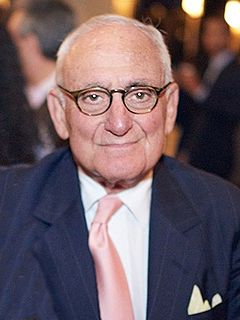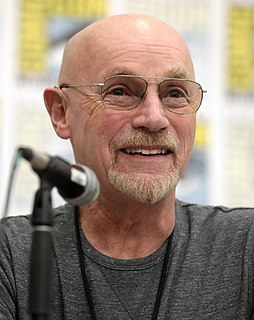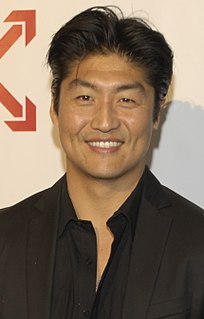A Quote by Robert A. M. Stern
That was the shocking part. Here we were in the midst of everything and this potentially giant story was being told and virtually noone was there.
Quote Topics
Related Quotes
I don't think that there's a target audience at all. These stories were in circulation. The stories were told by men, told in the marketplace by men, but also behind doors by women, but there's no real record of this. It's likely they were told by women to children in their interior rooms. The story could be a negative story, they could be presented as a, "Watch out! Women will get round you, do things to you, weave you in their toils." It could be buried in it an old cautionary story about women and their wiles.
I know when I grew up, it was, if it was daylight outside, get outside. Well, now, with the technological age of computers and everything, everyone's inside virtually going everywhere they want to go, virtually having relationships, virtually traveling across the neighborhood, virtually going to that island.
Too many writers think that all you need to do is write well-but that's only part of what a good book is. Above all, a good book tells a good story. Focus on the story first. Ask yourself, 'Will other people find this story so interesting that they will tell others about it?' Remember: A bestselling book usually follows a simple rule, 'It's a wonderful story, wonderfully told'; not, 'It's a wonderfully told story.'
When I was around 12 or so, I saw 'The Shining.' I just remember that being a turning point for me, where I started to think about the fact that there was a hand behind the film. That it wasn't just this magical story being told - there were actual people crafting these films, and they were works of art.








































